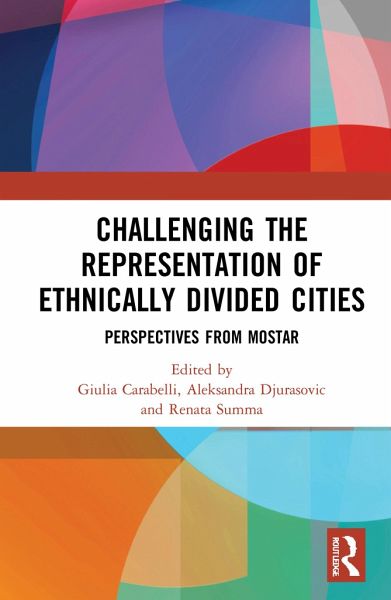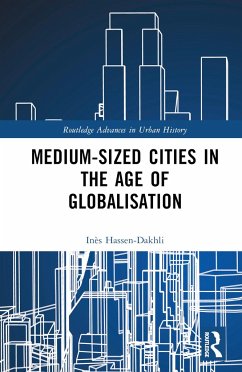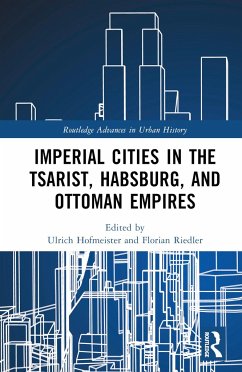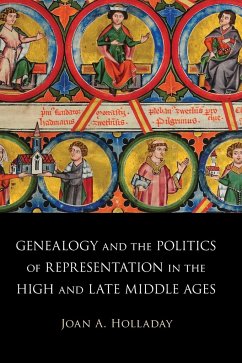
Challenging the Representation of Ethnically Divided Cities
Perspectives from Mostar
Herausgeber: Carabelli, Giulia; Summa, Renata; Djurasovic, Aleksandra
Versandkostenfrei!
Versandfertig in 1-2 Wochen
167,99 €
inkl. MwSt.
Weitere Ausgaben:

PAYBACK Punkte
84 °P sammeln!
The book Challenging the Representation of Ethnically Divided Cities: Perspectives from Mostar questions the existing overrepresentation of Mostar as an ethnically 'divided city'. While acknowledging the existence of internal borders, the chapters in this book assert that they are not solid nor fixed and, by exploring how they become material or immaterial, the book offers a deeper understanding of the city's complex dynamics. Accordingly, the chapters in this book are attentive to how ethnic divides materialise or lose importance because of socio-political contingencies. Events, groups and sp...
The book Challenging the Representation of Ethnically Divided Cities: Perspectives from Mostar questions the existing overrepresentation of Mostar as an ethnically 'divided city'. While acknowledging the existence of internal borders, the chapters in this book assert that they are not solid nor fixed and, by exploring how they become material or immaterial, the book offers a deeper understanding of the city's complex dynamics. Accordingly, the chapters in this book are attentive to how ethnic divides materialise or lose importance because of socio-political contingencies. Events, groups and spaces that promote reconciliation from the bottom-up are examined, not necessarily to assess their success and failures but rather to look at how they create networks, gain trust and form platforms that generate novel understandings of ethnic loyalties and party memberships. Further, and drawing both on the empirical data and theoretical reflections, this volume contributes to broader debates about 'divided cities' by suggesting the need to engage with these cities in their complexities rather than reducing them to their ethno-national divisions. The book engages with socio-political and economic complexities in order to shed light on how ethnic conflicts and resulting spatial partitioning are often just the surface of much more complex dynamics that are far less easy to disentangle and represent. The chapters in this book were originally published in Space and Polity.













